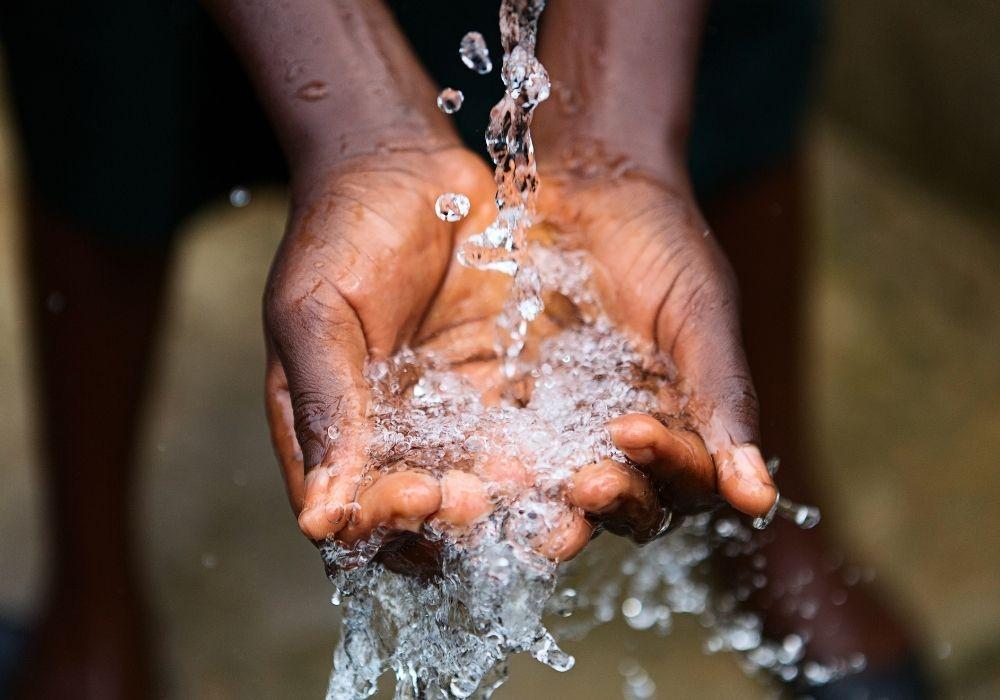
In Ramadan, whilst we refrain from food and water during the day, we avoid dehydration by replenishing our fluid at night. This is a luxury that many poor families don’t have and as a result, struggle from the symptoms of dehydration.
Water is a blessing that is often taken for granted, which the human body cannot survive without. A lack of clean, safe drinking water can lead to many problems with the human body and its functions. Unclean water can cause such symptoms as dizziness, stomach ulcers and even death.
It is important that we recognise the importance of clean water and show gratitude that we have access to an endless supply of water. We need this for our bodies to function and allow us to perform ablutions to carry out our daily prayers.
Some of the symptoms of dehydration are:
Here are a few tips for the month of Ramadan to ensure you keep hydrated and healthy:
Taking these simple steps will allow us to stay healthy and hydrated in Ramadan, allowing us to focus on our worship activities and make the most of this blessed month. Join us to extend this opportunity to poor communities that lack access to safe and clean drinking water in Ramadan. During Ramadan, drinking water is more essential than ever – provide a family with Ramadan water today.
The Messenger of Allah (saw) said:
“And whoever gave (in Ramadan) to a fasting person water to drink, Allah shall grant that giver a drink from my fountain, such a drink where that person shall never again feel thirsty until he enters Paradise". [Ibn Khuzaimah}
Donate a water well to a poor community and benefit from the rewards of Ramadan and from the long-term reward of Sadaqah Jariyah, whereby you give today and gain the reward for many years every time a poor person drinks the water, serves the water, performs worship after using the water for ablution. Just imagine the rewards you can gain.